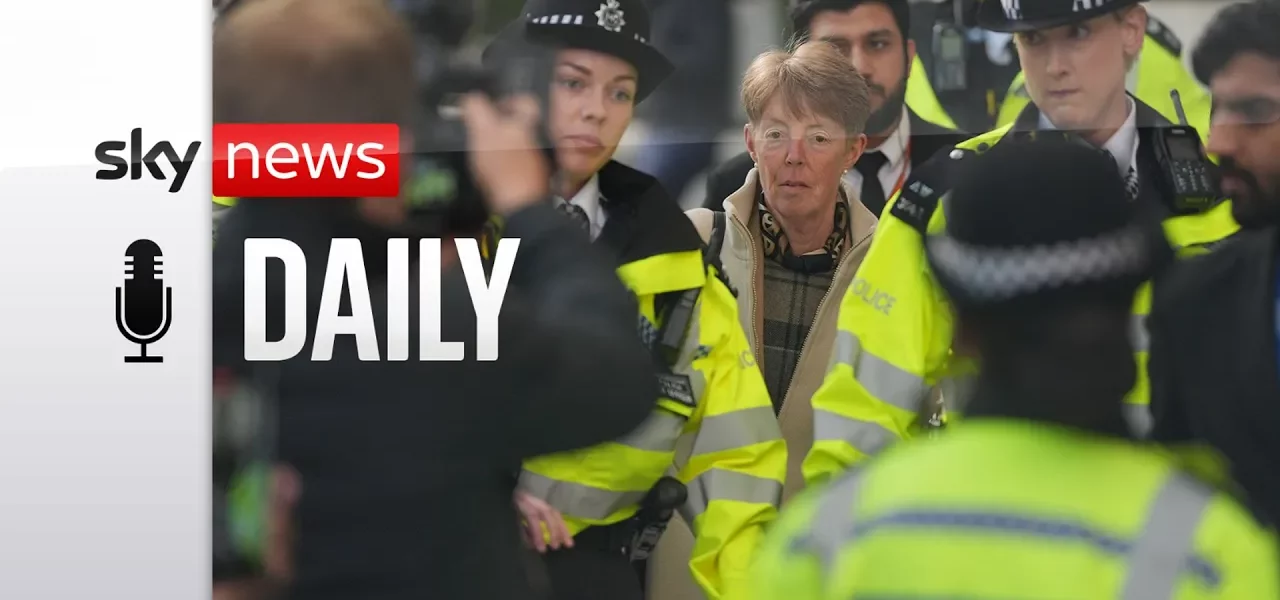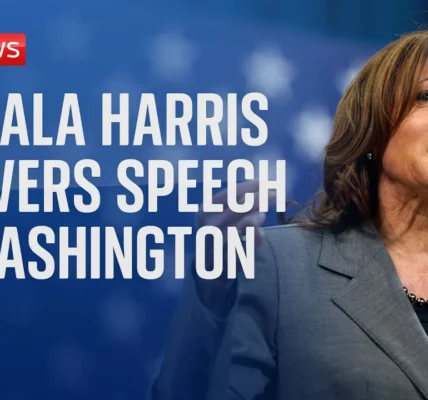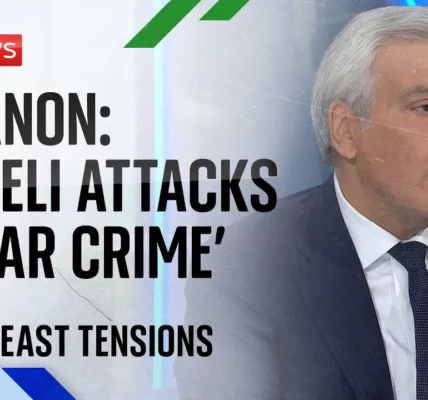Trust in Politics is Broken: Can We Get UK Politics Working Again?

Join political experts Beth, Jess Phillips, and Ruth Davidson as they discuss the deterioration of trust in UK politics, the ramifications of the Post Office scandal, and the approach to the upcoming general election. This article delves deep into the key issues impacting voters today.
Introduction
The state of trust in UK politics has reached an all-time low, prompting citizens to question whether the political system can be effectively repaired. In this article, we explore the recent developments surrounding the Post Office inquiry, the emotional testimonies of those involved, and the implications for the upcoming general election. With Labour’s Jess Phillips and Conservative peer Ruth Davidson analyzing the situation, we seek to understand the policies that could restore political satisfaction and public confidence in governance.
The Post Office Scandal: A Breakdown of Trust
The Post Office scandal, which has unfolded over the last few years, has highlighted critical failures in the system. With wrongful convictions of sub-postmasters, the inquiry has revealed deep-rooted issues within organizational accountability.
Key Witness: Paula Vennells
Former Post Office CEO Paula Vennells has faced intense scrutiny during the inquiry. Her emotional testimony has raised questions regarding her leadership and the decisions made during her tenure. Key points from her questioning include:
- Failure to acknowledge the imbalance of power between the institution and individuals.
- Accusations of prioritizing corporate reputation over the welfare of sub-postmasters.
- Allegations of suppressing crucial information that could have impacted the Horizon IT system’s credibility.
Impact of the Inquiry
The inquiry has not only sought justice for those wrongfully accused but has also become a pivotal moment for public trust in institutions. The emotional responses from witnesses and the charged atmosphere in the inquiry room indicate a collective outrage that has simmered for over 15 years.
Political Ramifications and the General Election
The upcoming general election adds another layer of complexity to the ongoing political discourse. With Labour and Conservative parties gearing up for a battle, the fallout from the Post Office inquiry could play a significant role in shaping voter sentiment.
Labour’s Strategy
Labour, under the leadership of Keir Starmer, seeks to position itself as a party of change. Key elements of their strategy include:
- Focusing on the restoration of trust in public services.
- Addressing economic disparities exacerbated by the scandal.
- Highlighting their plans for the future, including commitments to renewable energy and net-zero targets.
Conservative Response
The Conservatives, led by Rishi Sunak, aim to frame the narrative around economic recovery and stability. This includes:
- Promoting the decrease in energy prices as a sign of economic improvement.
- Emphasizing the importance of a stable government during times of crisis.
- Differentiating their policies on net-zero initiatives from Labour’s proposals.
The Role of Media and Public Perception
The media’s portrayal of the inquiry and the political landscape is crucial in shaping public perception. High-profile testimonies and the subsequent coverage can influence how voters view the parties and their leaders.
Public Reaction
Public sentiment is increasingly swayed by the narratives presented in the media. Emotions surrounding the inquiry have led to calls for accountability and transparency in politics, underscoring the importance of responsible reporting.
Conclusion
The UK faces a critical juncture as it navigates the aftermath of the Post Office scandal and prepares for a general election. Trust in politics remains fragile, but the ongoing inquiry serves as a reminder of the need for accountability and reform. As citizens, it is essential to remain engaged and informed. Follow the discussions on electoral dysfunction and explore the policies that could lead to a more trustworthy political landscape. For more insights, check out our related articles on electoral reform and political accountability.
“`




